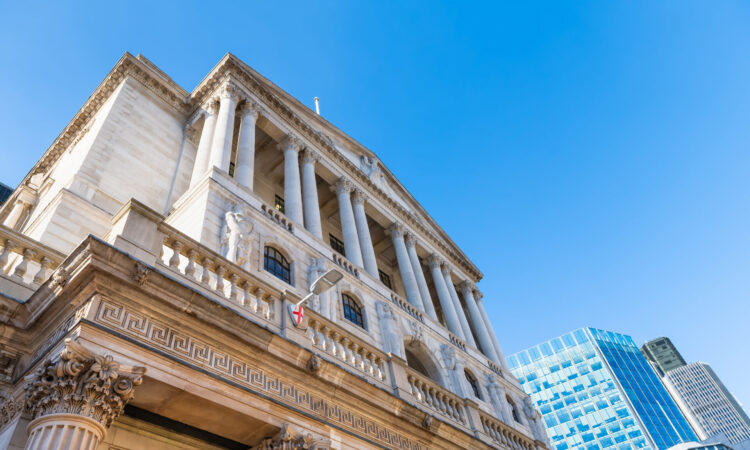
The Institute of Economic Affairs has published “The Experience of Free Banking,” a book that scrutinises the necessity of the Bank of England and other central banks.
The book, featuring contributions from over a dozen international economic and monetary history academics, explores the practicality and success of free banking systems throughout history.
Highlighting over sixty historical episodes of free banking, the book argues for the feasibility of economies operating without central banks, citing examples such as Scotland, France, and the antebellum United States.
Kevin Dowd, professor of finance and economics at Durham University Business School and editor of the book, explains the rationale: “The historical record shows that free banking is not prone to inflation, does not produce banking instability and does not produce a banking monopoly.
“These are big pluses. Plus if it worked in the past, then there is every reason to think it would work again in the future.”
This publication gains relevance against the backdrop of the Bank of England’s recent struggles with inflation control post-Covid-19.
The book suggests a free banking system, where private banks issue their own currency, usually linked to commodities like gold or silver, as an alternative.
This system allows the public to determine the value and use of a bank’s currency, fostering competition and stability.
Kurt Schuler, a contributing author, emphasises the historical basis for the argument: “Much of what economists tell each other and the public about the nature and necessity of central banking is made up, without historical grounding.”





